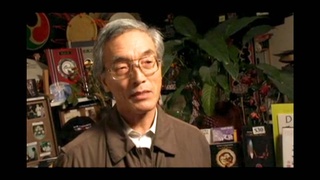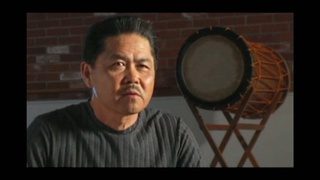Interviews
Focus on peace
First thing we went to do there in Hiroshima was to see the Peace Park. And the members were just appalled at what they saw, very much moved. And until you actually go to the Peace Park, it’s very difficult to translate what you feel and the devastation. And to think that… We look Japanese. We go there, we’re Americans. And after you go through the Peace Park, you just realize how compassionate the Japanese the people are because although that happened to them and a 100,000 people and more died, that here, couple decades later, we still are allowed to go.
And they, with open arms, hosted us at a fabulous taiko concert. We had five taiko groups at a fabulous gathering of the groups afterwards. We were touched that they could just move on from that sort of devastation.
And so then, what happened was, in this involvement with seeing the Peace Park, we come home from that trip and it was 2001. And what happened was September 11th happened almost within a couple of months of our trip. And that totally shook the group up because they saw 100,000 and the affects of what happened to Hiroshima. And then to see the thousands of people who lost their lives in the World Trade Center. The timing of it, it was just kind of a revelation for us, that perhaps there’s something we could do. And what happened was that we created a Maui International Drums for Peace Concert. And we included different ethnic groups, and we had speakers from various religious organizations speak all in the efforts of peace. And I think, in terms of a political agenda, it’s that. It’s focusing on peace.
Date: July 9, 2004
Location: Hawaii, US
Interviewer: Art Hansen, Sojin Kim
Contributed by: Watase Media Arts Center, Japanese American National Museum




